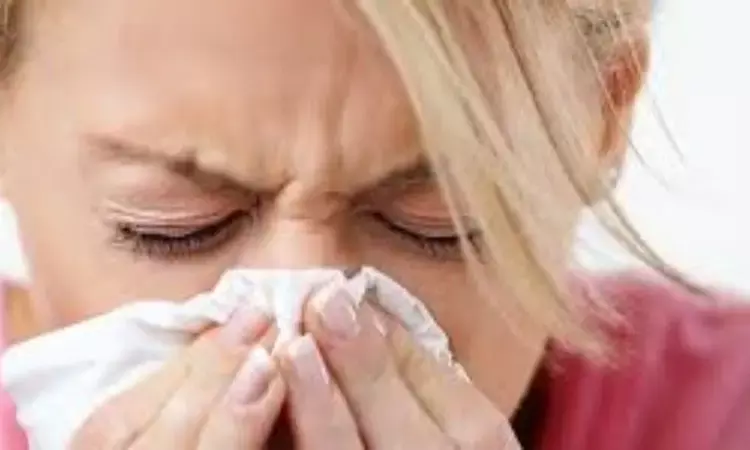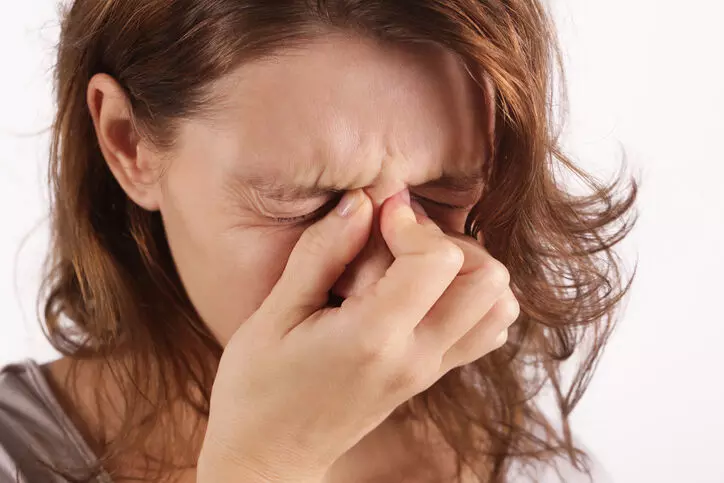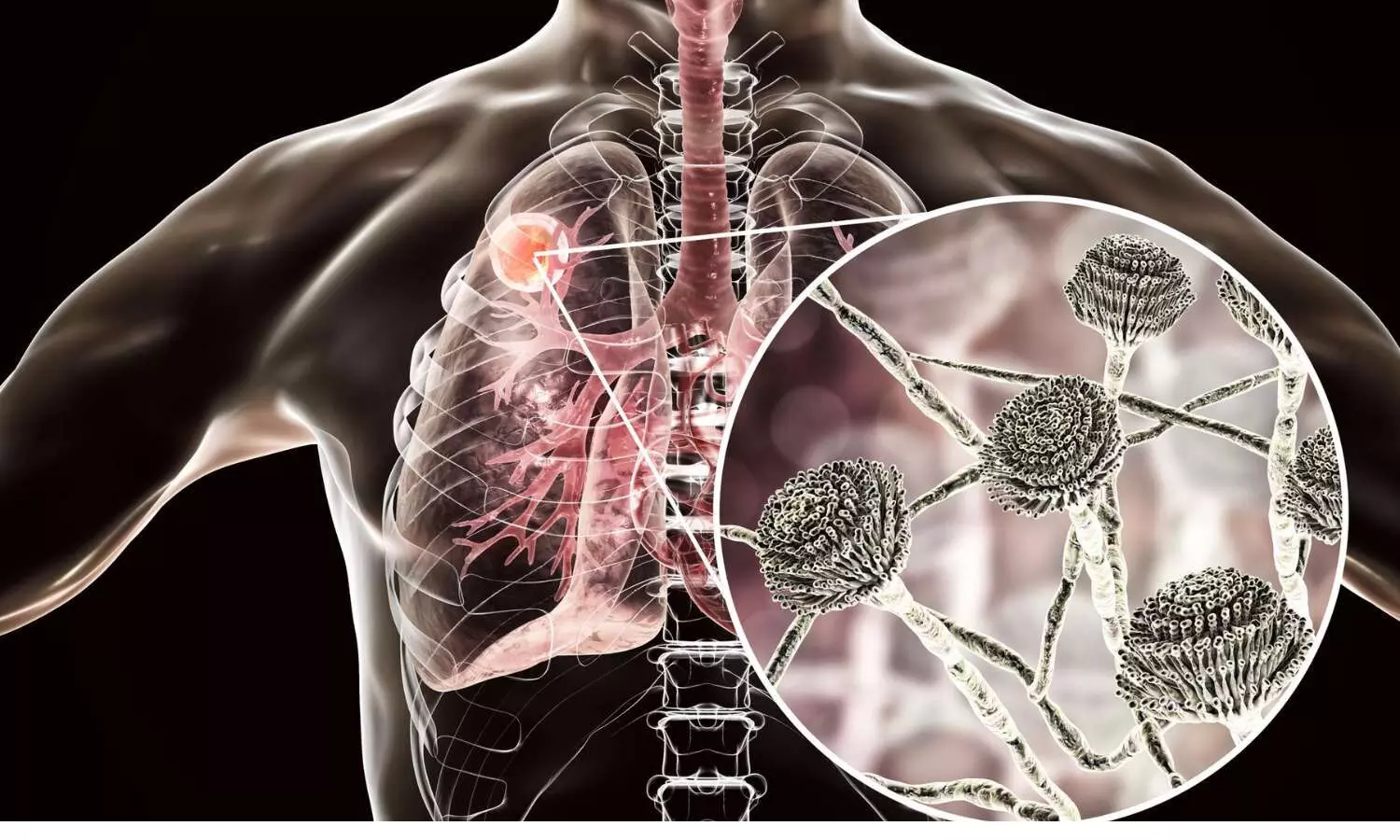- Home
- Medical news & Guidelines
- Anesthesiology
- Cardiology and CTVS
- Critical Care
- Dentistry
- Dermatology
- Diabetes and Endocrinology
- ENT
- Gastroenterology
- Medicine
- Nephrology
- Neurology
- Obstretics-Gynaecology
- Oncology
- Ophthalmology
- Orthopaedics
- Pediatrics-Neonatology
- Psychiatry
- Pulmonology
- Radiology
- Surgery
- Urology
- Laboratory Medicine
- Diet
- Nursing
- Paramedical
- Physiotherapy
- Health news
- Fact Check
- Bone Health Fact Check
- Brain Health Fact Check
- Cancer Related Fact Check
- Child Care Fact Check
- Dental and oral health fact check
- Diabetes and metabolic health fact check
- Diet and Nutrition Fact Check
- Eye and ENT Care Fact Check
- Fitness fact check
- Gut health fact check
- Heart health fact check
- Kidney health fact check
- Medical education fact check
- Men's health fact check
- Respiratory fact check
- Skin and hair care fact check
- Vaccine and Immunization fact check
- Women's health fact check
- AYUSH
- State News
- Andaman and Nicobar Islands
- Andhra Pradesh
- Arunachal Pradesh
- Assam
- Bihar
- Chandigarh
- Chattisgarh
- Dadra and Nagar Haveli
- Daman and Diu
- Delhi
- Goa
- Gujarat
- Haryana
- Himachal Pradesh
- Jammu & Kashmir
- Jharkhand
- Karnataka
- Kerala
- Ladakh
- Lakshadweep
- Madhya Pradesh
- Maharashtra
- Manipur
- Meghalaya
- Mizoram
- Nagaland
- Odisha
- Puducherry
- Punjab
- Rajasthan
- Sikkim
- Tamil Nadu
- Telangana
- Tripura
- Uttar Pradesh
- Uttrakhand
- West Bengal
- Medical Education
- Industry
Breakthrough Treatment for Allergic Rhinitis: Intratonsillar Injection Shows Promising Results in Clinical Trial

In a groundbreaking clinical trial, researchers have discovered a novel approach to treating house dust mite (HDM)-induced allergic rhinitis (AR) that could revolutionize allergen-specific immunotherapy. The study found that Intratonsillar injection with HDM extract was deemed safe and effective in patients with AR. The study results were pulished in the journal Annals of Allergy, Asthma, & Immunology.
In the quest for improved allergy treatment, researchers are investigating innovative routes for allergen-specific immunotherapy. The current challenges of lengthy treatment periods and adverse effects hinder patient adherence to this essential, albeit demanding, cure for IgE-mediated allergies. Hence, the study, a randomized, double-blind, placebo-controlled trial involving 80 patients, explored the efficacy and safety of intratonsillar injection with HDM extract—a treatment aimed at addressing the challenges of lengthy periods and adverse effects associated with traditional immunotherapy.
Patients with HDM-induced AR were randomly assigned to receive either six intratonsillar injections with HDM extract or a placebo over three months. The research team closely monitored various parameters, including the total nasal symptom score (TNSS), the visual analog scale of nasal symptoms, combined symptom and medication score, mini rhinoconjunctivitis quality of life questionnaire, and serum allergen-specific IgG4 to Dermatophagoides pteronyssinus at baseline and 3 months, 6 months. The intent-to-treat and per-protocol set (PPS) are both analyzed.
Findings:
- The results of the trial revealed promising outcomes.
- Primary endpoints, including TNSS and ΔTNSS, showed a significant improvement at the three-month mark in patients who underwent the intratonsillar immunotherapy compared to those in the placebo group. This improvement was evident in both the intent-to-treat and per-protocol set analyses.
- Moreover, secondary endpoints, such as the visual analog scale, combined symptom and medication score, and mini rhinoconjunctivitis quality of life questionnaire, demonstrated a significant positive impact at the three-month assessment in the per-protocol set. However, the study noted that the efficacy of the intratonsillar immunotherapy at the six- and twelve-month follow-ups was limited and uncertain based on the available data.
- One key finding that supports the effectiveness of the treatment was the significant increase in serum Der p IgG4 levels in the active group at three, six, and twelve months after completing the treatment.
- Importantly, the researchers observed no systemic adverse reactions, highlighting the safety profile of the intratonsillar injection with HDM extract.
The study's conclusion suggests that this innovative approach is not only safe but also effective in treating patients with AR. The researchers emphasized the importance of further optimization of the protocol and allergen formulations to enhance and sustain the efficacy of this pioneering treatment. This breakthrough could potentially address the lower adherence rates observed in traditional allergen-specific immunotherapy, offering a more appealing alternative for patients suffering from HDM-induced AR. As the research progresses, future investigations will likely focus on refining the treatment protocol and assessing its long-term effectiveness, bringing hope to individuals seeking relief from the burdens of allergic rhinitis.
Further reading: Efficacy and safety of intratonsillar immunotherapy for allergic rhinitis: A randomized, double-blind, placebo-controlled clinical trial. https://doi.org/10.1016/j.anai.2023.10.029
BDS, MDS
Dr.Niharika Harsha B (BDS,MDS) completed her BDS from Govt Dental College, Hyderabad and MDS from Dr.NTR University of health sciences(Now Kaloji Rao University). She has 4 years of private dental practice and worked for 2 years as Consultant Oral Radiologist at a Dental Imaging Centre in Hyderabad. She worked as Research Assistant and scientific writer in the development of Oral Anti cancer screening device with her seniors. She has a deep intriguing wish in writing highly engaging, captivating and informative medical content for a wider audience. She can be contacted at editorial@medicaldialogues.in.
Dr Kamal Kant Kohli-MBBS, DTCD- a chest specialist with more than 30 years of practice and a flair for writing clinical articles, Dr Kamal Kant Kohli joined Medical Dialogues as a Chief Editor of Medical News. Besides writing articles, as an editor, he proofreads and verifies all the medical content published on Medical Dialogues including those coming from journals, studies,medical conferences,guidelines etc. Email: drkohli@medicaldialogues.in. Contact no. 011-43720751




